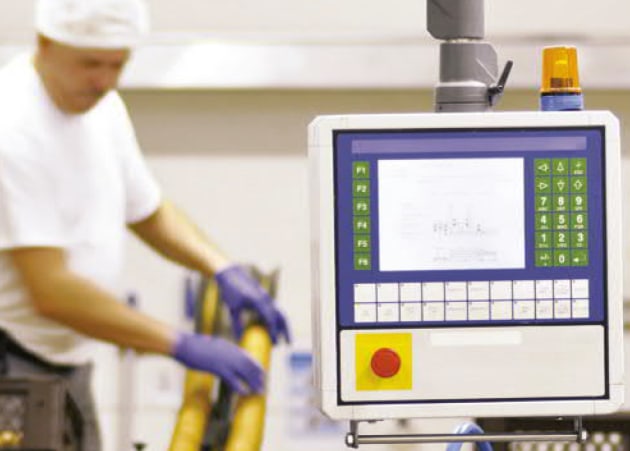Global mega-trends and consumer trends are rapidly evolving in the food and beverage sector and striking a balance between them all can be tricky but is essential to success. ABB recently released a white paper that examines these issues and more, titled A taste of the future – understanding what’s driving food & beverage in 2020 and beyond.
The white paper identifies three global mega-trends: An increase in population and a corresponding increase in urbanisation; a drive towards a circular economy; and the ongoing rise of digitalisation.
Along with the global mega-trends, the white paper discusses the implications of three consumer trends that will shape the industry in the coming years: moving beyond meat; consumer demand for “functional foods”, rich in nutrition with ingredients beneficial to health; and a demand for authenticity and experience.

The paper points to specific opportunities these trends present food and beverage professionals. These revolve around four industry drivers: transparency, sustainability, novelty, and convenience.
The paper says, “Striking the balance between innovation and expertise has the potential to transform lives across continents for generations to come." This can be brought to fruition with the assistance of experts in power, automation, and robotics, such as ABB.
To access the ABB white paper in its entirety, click here.





